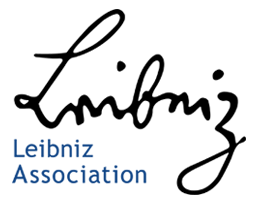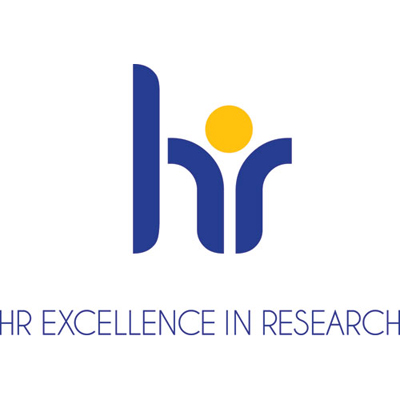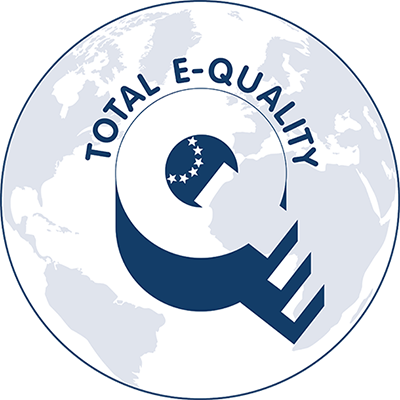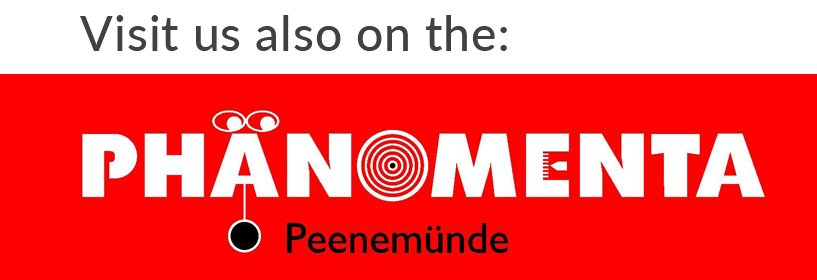Innovative deep-sea analysis protects the environment: double-pulse LIBS technology

Greifswald, 21 May 2024
The seabed contains large quantities of valuable minerals and metals that are urgently needed for modern technologies such as electric cars and wind turbines. However, discovering these deposits has so far been complicated: Diving robots use grippers to take samples, which are then analysed on board of a research vessel. An innovative method is now opening up new possibilities for more environmentally friendly exploration of our oceans.
With laser-induced plasma spectroscopy (LIBS) using double-pulse lasers, the Laser Zentrum Hannover e.V. (LZH) has developed a method for the environmentally friendly analysis of materials at a depth of 6,000 metres below sea level. Together with the Leibniz Institute for Plasma Science and Technology (INP) in Greifswald, the fundamental process behaviour was investigated as part of a DFG project. The method provides precise elemental analysis in real time and replaces time-consuming sampling of the seafloor.
The double-pulse technique uses two laser pulses: the first pulse creates a cavity in the water at the surface of the material, while the second pulse evaporates material from the surface and creates a plasma containing the elements for spectroscopic analysis. The problem is the high pressure underwater, which makes it difficult to generate meaningful spectra for accurate analysis.
Optimised for deep sea use
The current research focuses on analysing materials at pressures of up to 600 bar, such as those found 6,000 metres below the surface, and using laser pulses with energies of up to 150 millijoules. By adjusting the laser parameters, the team was able to optimise the measurements for the high pressure of the deep sea. The short delays of 0.5 microseconds between the laser pulses and the precise adjustment of the start times of the spectrometer measurements are crucial for the quality of the data obtained.
The research has been published in the journal Spectrochimica Acta Part B: Atomic Spectroscopy (DOI:10.1016/j.sab.2024.106877). The project was funded by the German Research Foundation (DFG) under the project number 454848899.
Further information
Leibniz Institute for Plasma Science and Technology e.V. (INP)
Stefan Gerhardt // Communication Department
Phone: +49 3834 554 3903 // stefan.gerhardtinp-greifswaldde
Felix-Hausdorff-Straße 2 // 17489 Greifswald // https://www.inp-greifswald.de/en/



































